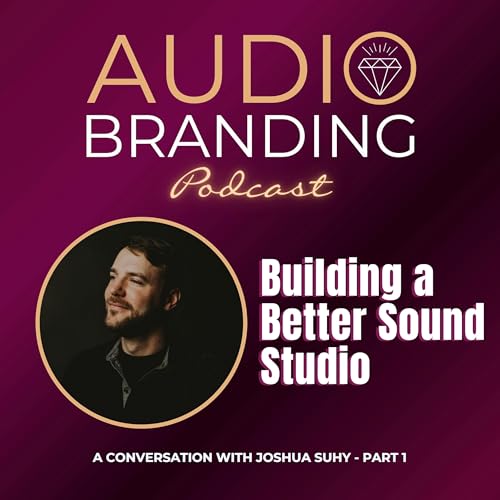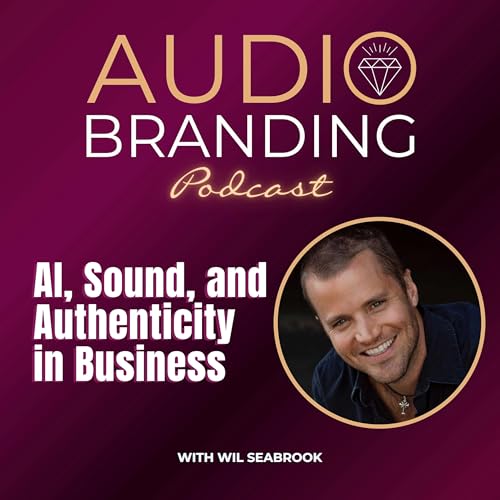“I love the use of AI voices or synthetic voices for people who might, you know, they’re embarrassed. I’ve worked with engineers my whole career, and sometimes, like, it’s not that they don’t want to tell their story or break something out there, but maybe they just don’t have the self-confidence or they were made fun of as a kid. I mean, I’ve always thought I had a super nasally voice and never liked the sound of my voice. And years into public speaking, I’m like, fine, I can, handle it now. So I love it from that perspective of, if, for some reason you couldn’t, now you can. I hate it from the perspective of, well, you can’t have the human do all this stuff, but instead you just sort of one-clicked it and now it’s sort of an average, generic, mediocre, you know, as they say, AI slop.” – Jeremy Toeman
This episode’s guest is the founder and CEO of Augie, an AI-assisted video creation and editing studio for marketers and social media managers. He’s also the creator and host of Founder at 50, a podcast and newsletter exploring the challenges and reinventions faced by entrepreneurs later in life. He’s held leadership roles at WarnerMedia, Etsy, CBS Interactive, and Sling Media, and founded several successful startups in the media tech space. His name is Jeremy Toeman, and we’ll be digging into how sound shapes trust, helps tech feel more human, and why even a simple “ding” can change a user’s experience. If you love the magic where tech and storytelling meet, this one’s for you.
As always, if you have questions for my guest, you’re welcome to reach out through the links in the show notes. If you have questions for me, visit audiobrandingpodcast.com, where you’ll find a lot of ways to get in touch. Plus, subscribing to the newsletter will let you know when the new podcasts are available, along with other interesting bits of audio-related news. And if you’re getting some value from listening, the best ways to show your support are to share this podcast with a friend and leave an honest review. Both those things really help, and I’d love to feature your review on future podcasts. You can leave one either in written or in voice format from the podcast’s main page. I would so appreciate that.
(00:00) - The Emotional Power of Sound
Our discussion starts with Jeremy’s early memories of sound, including a childhood movie that’s made a lifelong impression on him. “They incorporate, like, opera,” he describes 1979’s Breaking Away, “into the scenes. When he’s bike racing, you’re hearing like The Marriage of Figaro in the background. And the last time I watched it through, there’s something, like, every time the music would hit these moments, I’m just like weeping on my couch.” He shares his perspective as both a child and a parent when it comes to watching scary movies, and we talk about the hidden role cinematic sound plays in setting the mood. “If you not only turn on the lights,” he explains, “but simply mute it... They might still get tense, but, like, the thing that rocks them to their core goes completely away.”
(11:46) - The Evolution of Audio Technology
Jeremy tells us more about his career journey, including the pioneering MP3 and streaming technologies he helped develop around the turn of the millennium, and how the limitations of the early internet led to a stronger focus on sound quality. “If the video buffered,” he explains, “you would be expecting it. It was normal. It was 2005, all video buffered, there was no such thing as non-buffering video. Whereas if the audio skipped even a little bit, it would just be really jarring.” He discusses some of the major brands he’s worked for, such as CBS and WarnerMedia,...
 28 分
28 分 33 分
33 分 29 分
29 分 32 分
32 分 34 分
34 分 31 分
31 分 31 分
31 分 29 分
29 分
